Starfish and seashells strewn across Jamaica’s beaches are in bad company. I noticed many bottle caps, straws, crumpled up cups and baggies scattered along the island on my trip. It meant telling my 15-month-old son ‘don’t eat that!’ as he held up another littered object for inspection.
We have just come back from a three-week holiday in Jamaica. It’s a beautiful and lush country. Lots of mountains, ancient trees and waterfalls. If you ever want to feed a hummingbird by hand, this is the place to go!
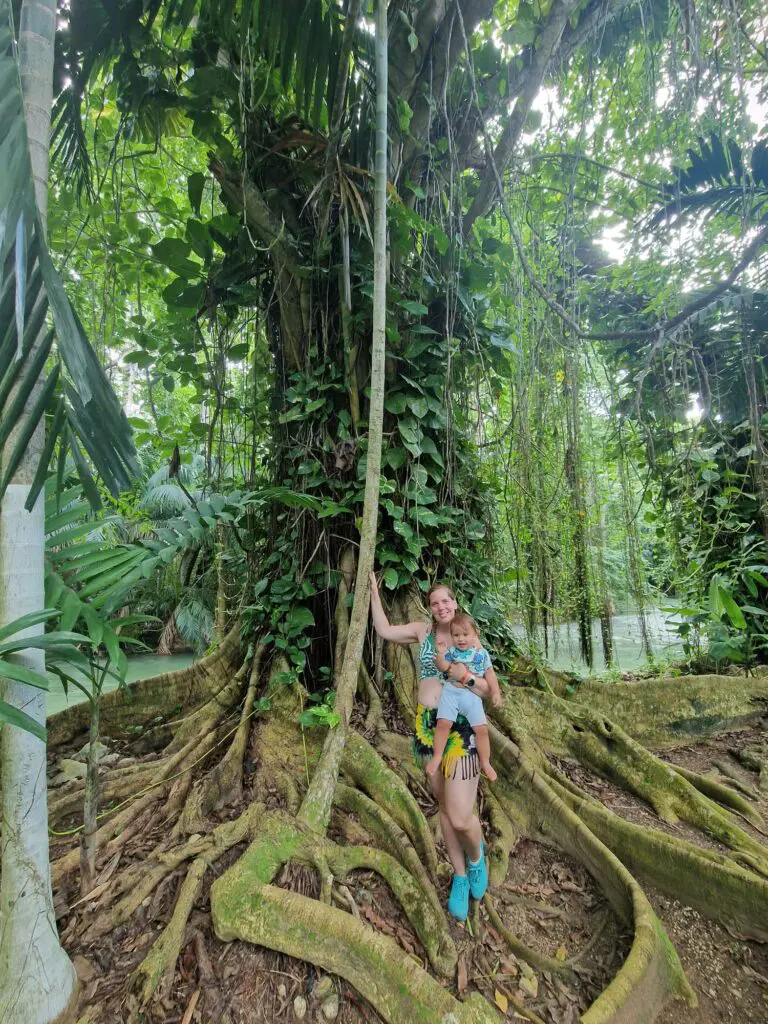
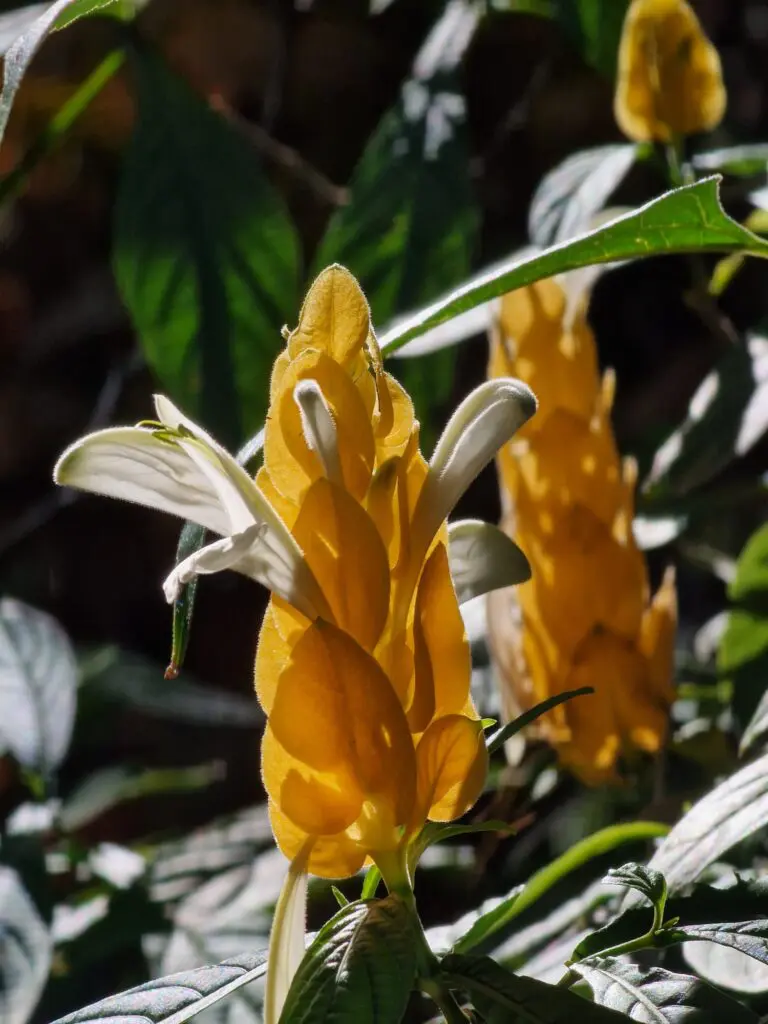
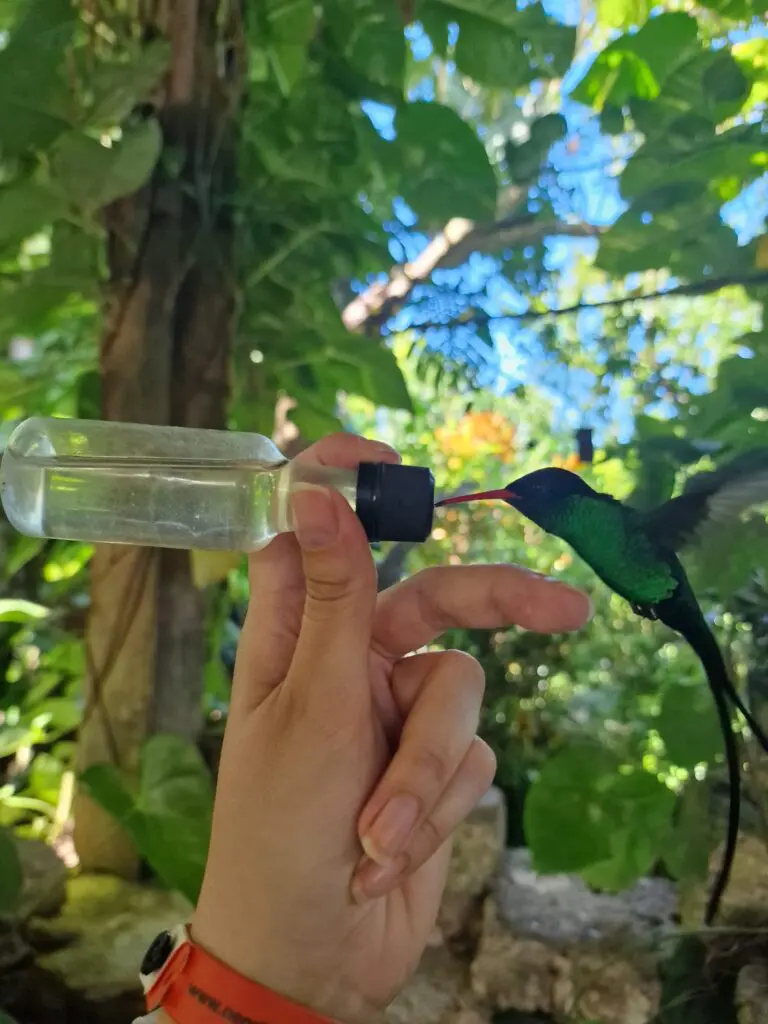
It’s just a pity that the locals and tourists swarming to the island every year don’t pick up after themselves. Jamaica is known for being ‘easygoing’ and ‘relaxed’. I get it that tidying up following a beach barbecue or dance party isn’t fun. The resort next to ours organised a festival named after Woodstock – I dread to think what the aftermath looked like.
More bottles recycled
Even so, Jamaica is working on its recycling credits. Negril, the region we visited, has a dedicated waste picker team, as do many others. They are aware that Jamaica currently recycles over 30% of its plastics bottles, up from 7% in 2019 and 16% in 2020. This is better than the 27% global average.
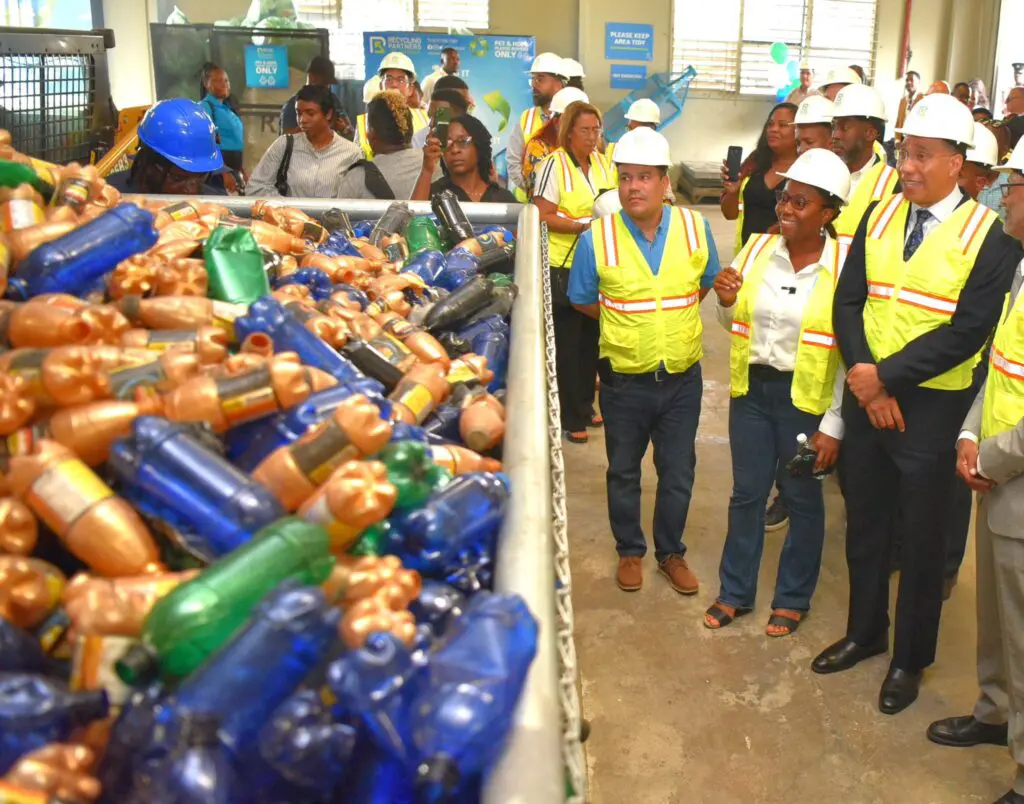
This increase is the result of investment and expansion of the island’s recycling infrastructure. The latest example is a plastics recycling facility Recycling Partners Jamaica (RPJ) opened in Naggo Head in January. It will treat up to 5 000 tonnes of plastic bottles from 11 nationwide collection depots per year.
RPJ has invested no less than US$ 300 million (EUR 276 million) in the new plant and five new collection hubs. The new collection centres opened in August. The organisation operates a fleet of 31 collection trucks and has installed 500 collection containers across Jamaica to date.
Upwards trend
As it stands, Jamaica can now treat about half of the bottles produced by the beverage industry. The journey has been a ‘rocky road’, according to RPJ executive chairman Damien King. He says it helps that the country has put a financial incentive of 50 cents on every collected bottle.
According to King, concentrated efforts have made a big difference. ‘We were able to increase our results in just a matter of months. The trend is clearly going up. We’re doing better than even the US,’ he says. ‘That’s not too shabby, right?’
Green roots
This fighting spirit is what I witnessed in Jamaicans over the last few weeks. Take local Negril fruit farm owner, Mark Daley, for instance. He set up Roots in 2020 – ‘in hindsight not the most ideal time’- in the lush hills of the city. The former soccer player switched to what he calls ‘eco-tourism’ to showcase Jamaica’s many tropical treats.
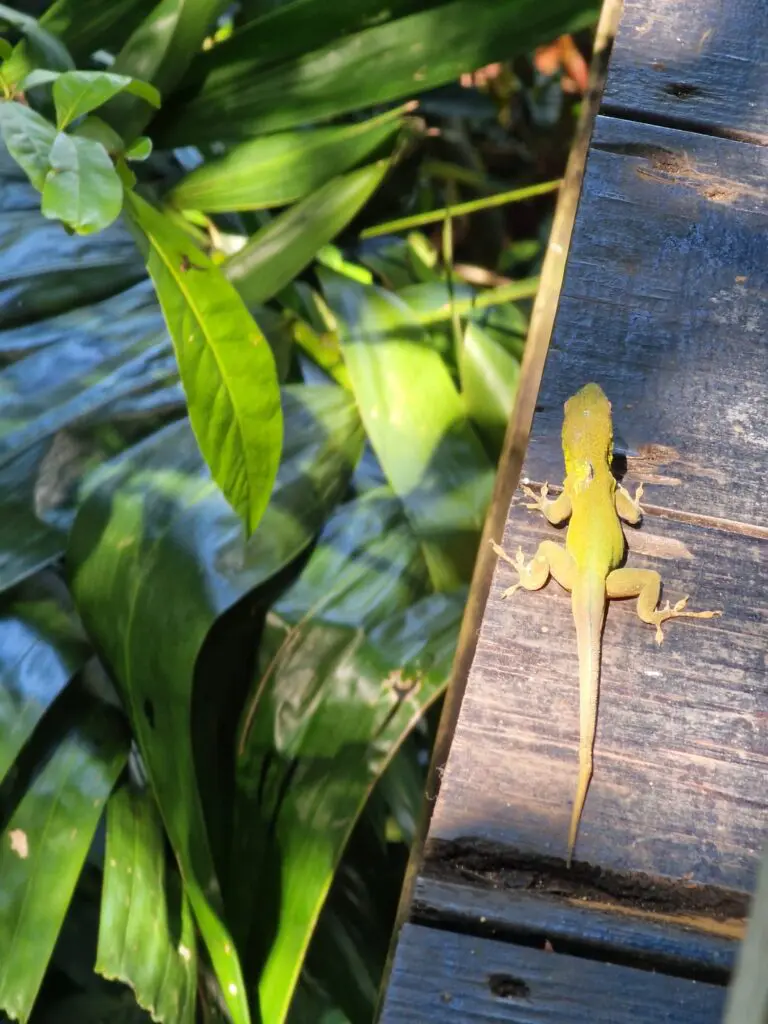

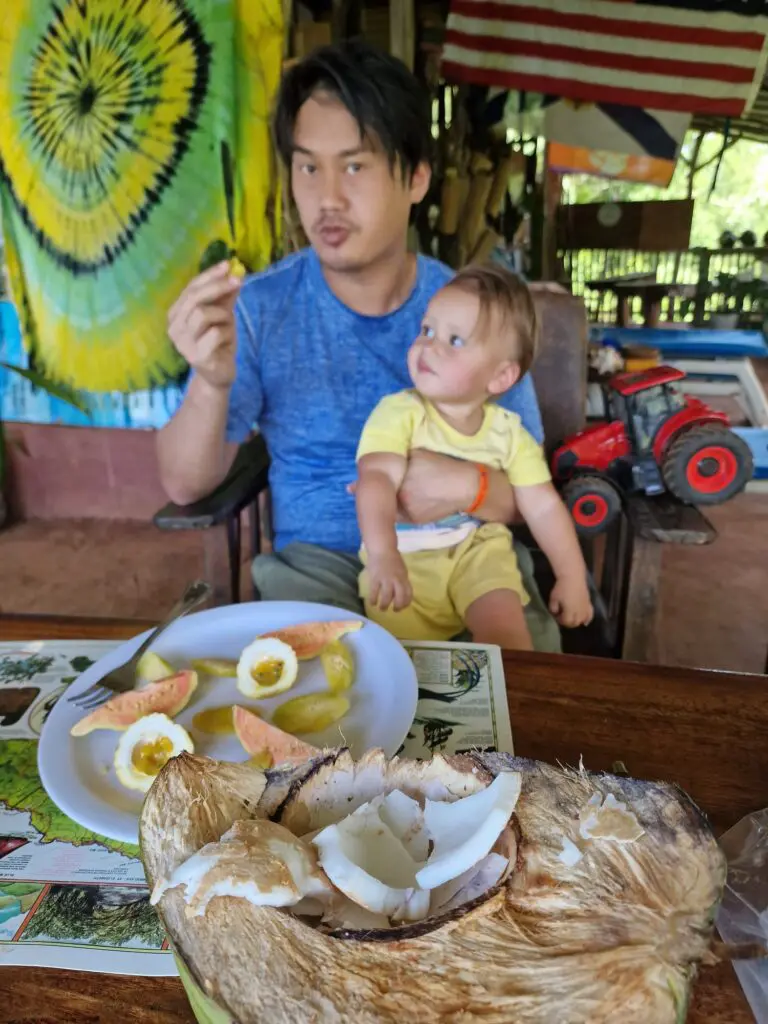
I’ve had many delicious dishes in my life. Nothing quite compares to eating mango, papaya, passion fruit and coconut fresh from the tree! Our son Robin seemed to agree, sampling everything with great enthusiasm.
Daley told me that he built the farm from scratch and reinforced the building’s walls and roof to survive a hurricane. This turned out to be a good move when category 5 Hurricane Beryl wreaked havoc across the Caribbean in July. It also caused a lot of plastic waste and other debris to wash ashore.
‘Beryl did a lot of damage but everything is still standing,’ he exclaims proudly. Daley takes a great pride in growing his ethical enterprise, which he sees as the counterweight to the commercial and touristy attractions drawing millions to Jamaica all year round.
‘It’s good to slow down, eat some good food and appreciate what nature has to offer,’ he reasons. ‘Not everything that tastes good is unhealthy. It’s quite the opposite.’
Daley’s experience as a soccer player (in Jamaica and Scotland) brought up the 1993 comedy classic Cool Runnings, which centres around the winter Olympics. He points out that the underdog bobsleigh team featured in the film proves that you can do anything if you set your mind to it.
For Jamaica, making sustainability and healthy living a way of life is now becoming a daily practice.
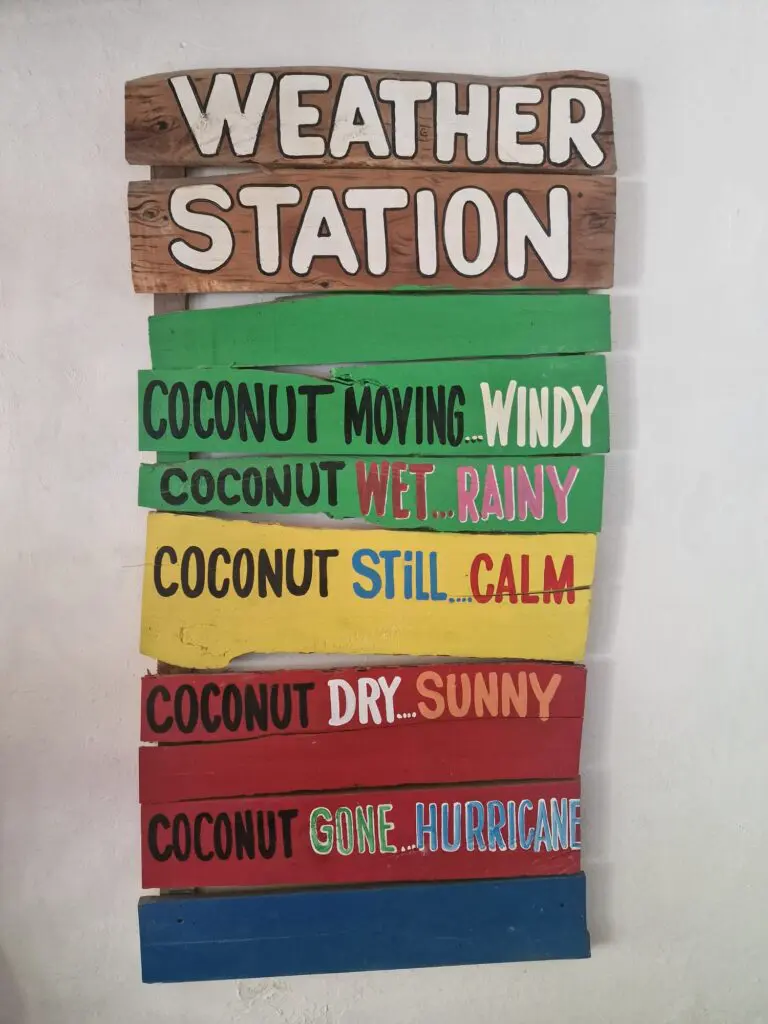
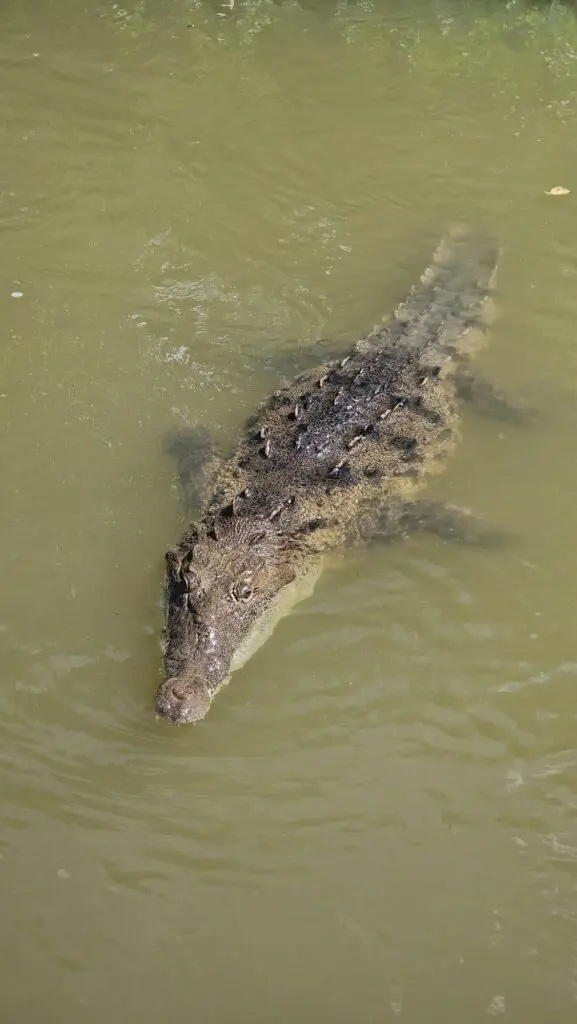
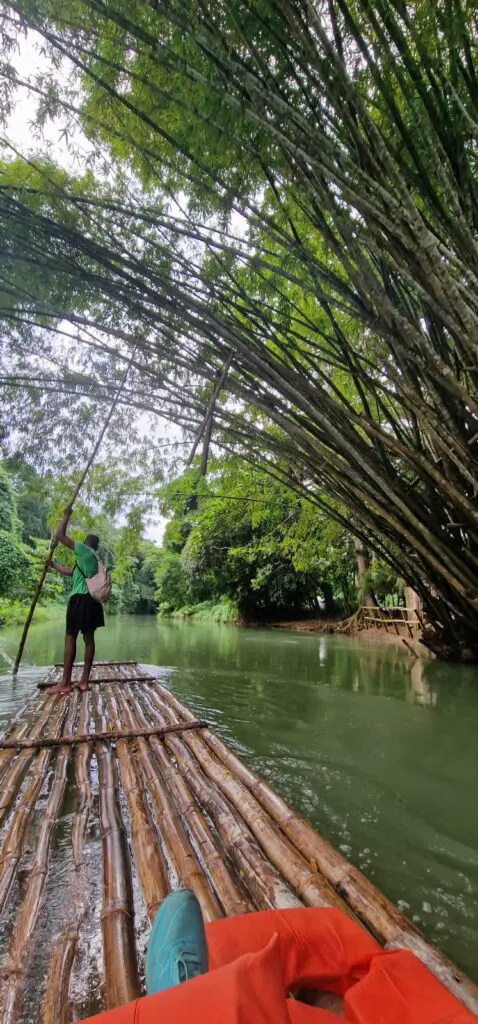
Don't hesitate to contact us to share your input and ideas. Subscribe to the magazine or (free) newsletter.



